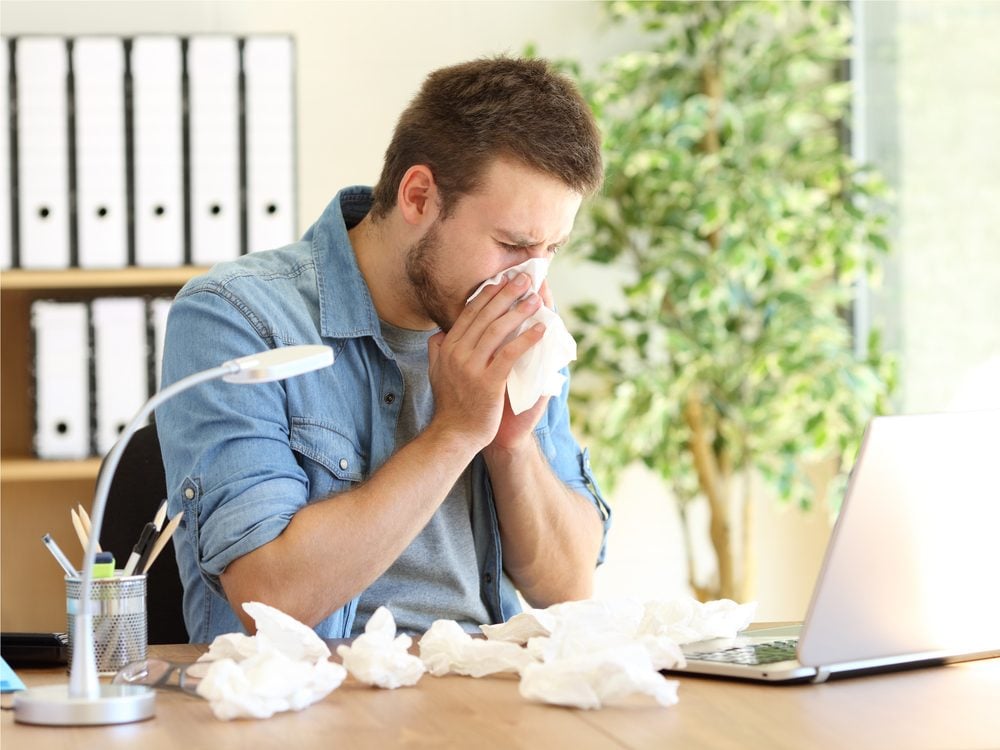
Get through allergy season naturally
Seasonal allergies are annoying, and so are the drugs you pop to relieve sneezing, sniffling, and itchy, red eyes. (They tire you out! They’re expensive!) While you can’t reduce the pollen in the air, you might be able to limit the number of drugs you take in response. “The biggest trend we see in allergies isn’t technology and it isn’t medicine—it’s the tendency to go for a more natural treatment,” says Brunilda Nazario, MD, medical editor at WebMD. Here, some natural ways to keep allergies at bay.
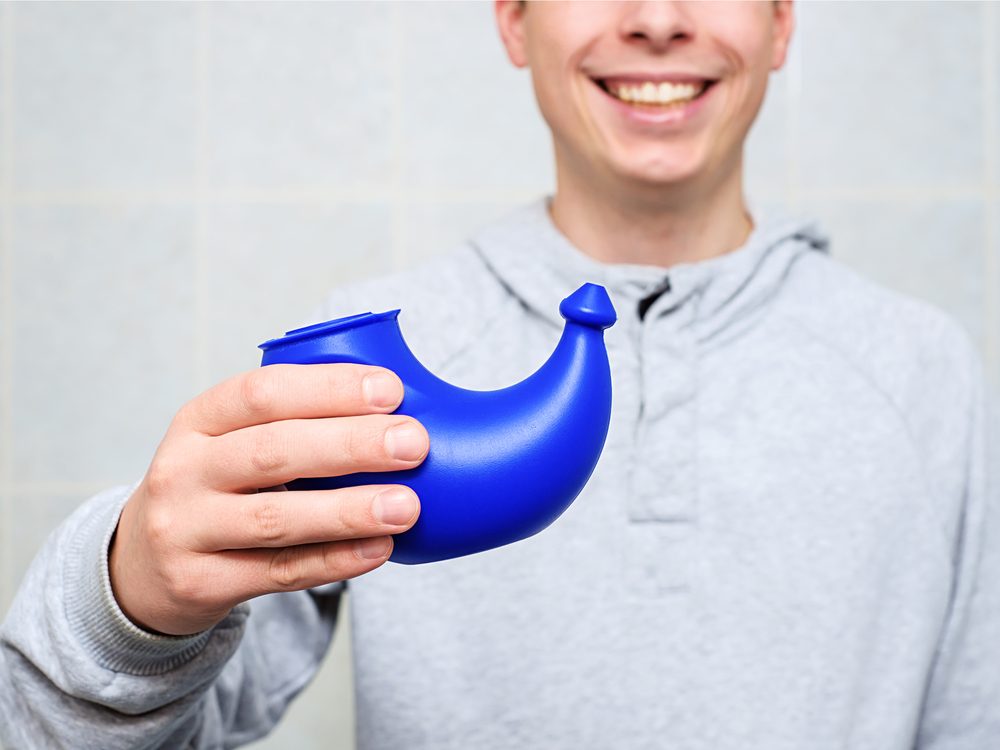
Rinse with saline before symptoms strike
Head off allergies by starting to treat them before you feel anything, advises Nathanael Horne, MD, of New York Medical College. This is especially important these days, as allergy season seems to start earlier every year. One step is to spritz a saline rinse into your nose daily to wash away pollen. This method won’t necessarily take the place of medication, but it could reduce your need for drugs. In one study, participants who rinsed their sinuses twice a day for three to six weeks reported less nasal congestion than those who didn’t.

Choose chicken over beef
A two-year study of 334 adults with hay fever and 1,336 without found those who had the most trans oleic acid in their diets, a form of monounsaturated fat found primarily in meat and dairy products, were nearly three times as likely to have hay fever as those who ate the least. Olive oil is okay; although it’s got a lot of oleic acid, it’s not the “trans” form.
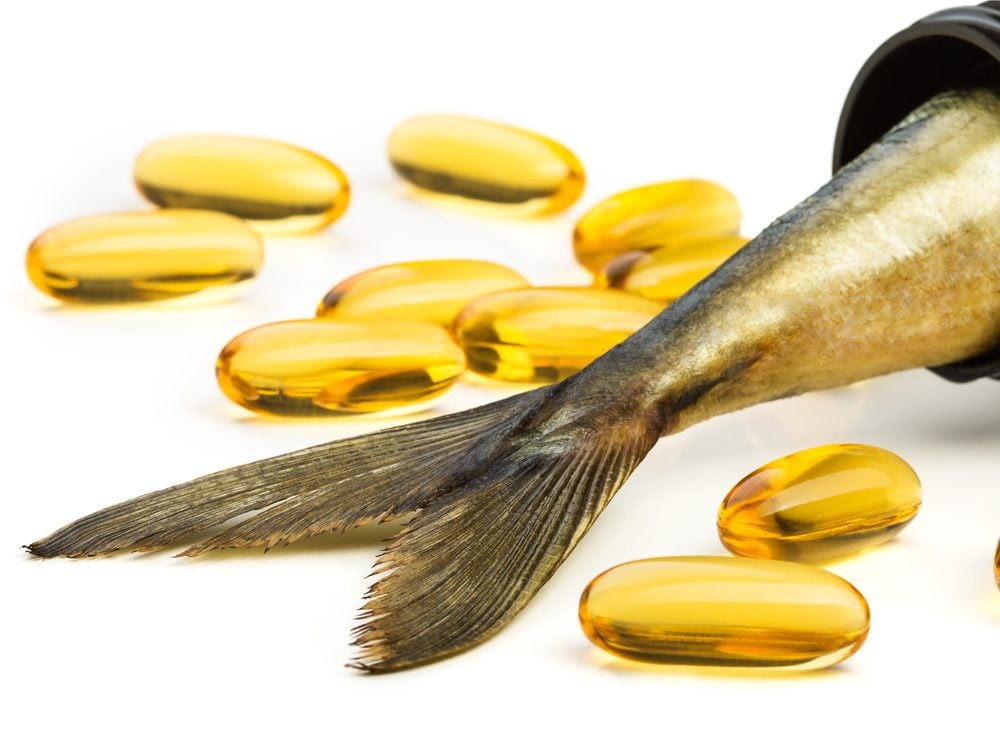
Pop a fish oil supplement
A study of people with allergic asthma (asthma caused by allergies) found those who took daily fish-oil supplements for a month had lower levels of leukotrienes, chemicals that contribute to the allergic reaction.
Check out 3 Ways to Manage Your Asthma.

Never leave without a wide-brimmed hat and sunglasses
It may look like you’re an incognito Hollywood star, but both of these will keep pollen from blowing into your eyes and making them an itchy, watery mess.
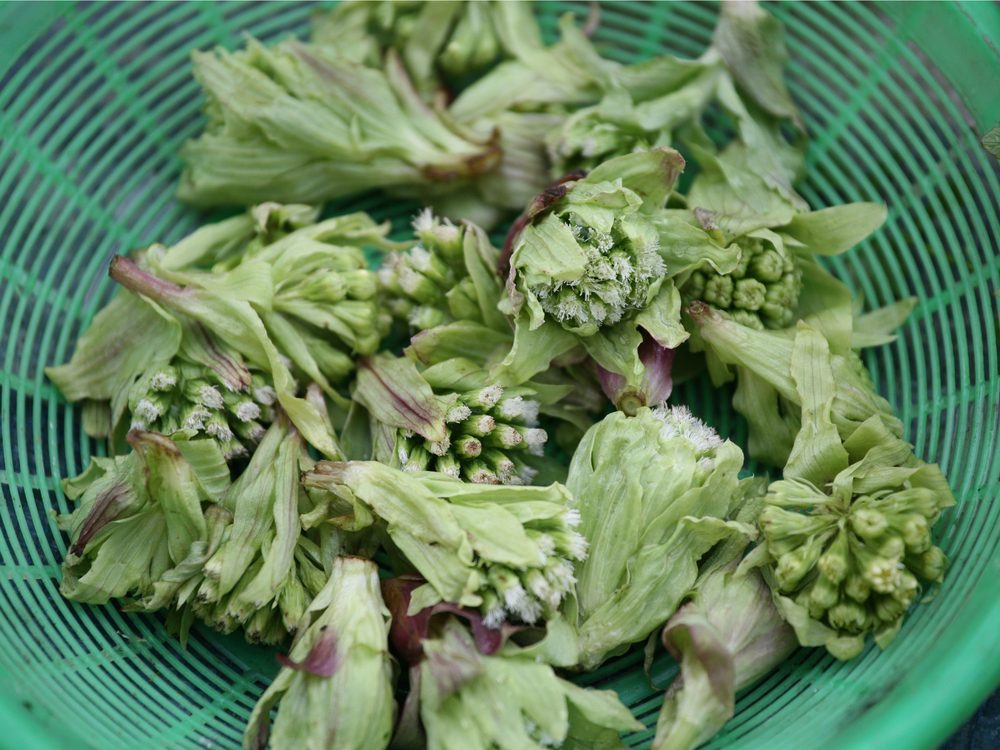
Try butterbur
Pharmaceuticals pack more punch, but if you want to go the natural route, butterbur has the best track record among herbs used for pollen allergies (it’s also a known headache remedy), David Rakel, MD, founder and director of the University of Wisconsin Integrative Medicine Program, told WebMD. Some studies suggest it can be as effective for nasal symptoms as an antihistamine, with no accompanying sleepiness. (Keep in mind that the safety of long-term use hasn’t been studied.)
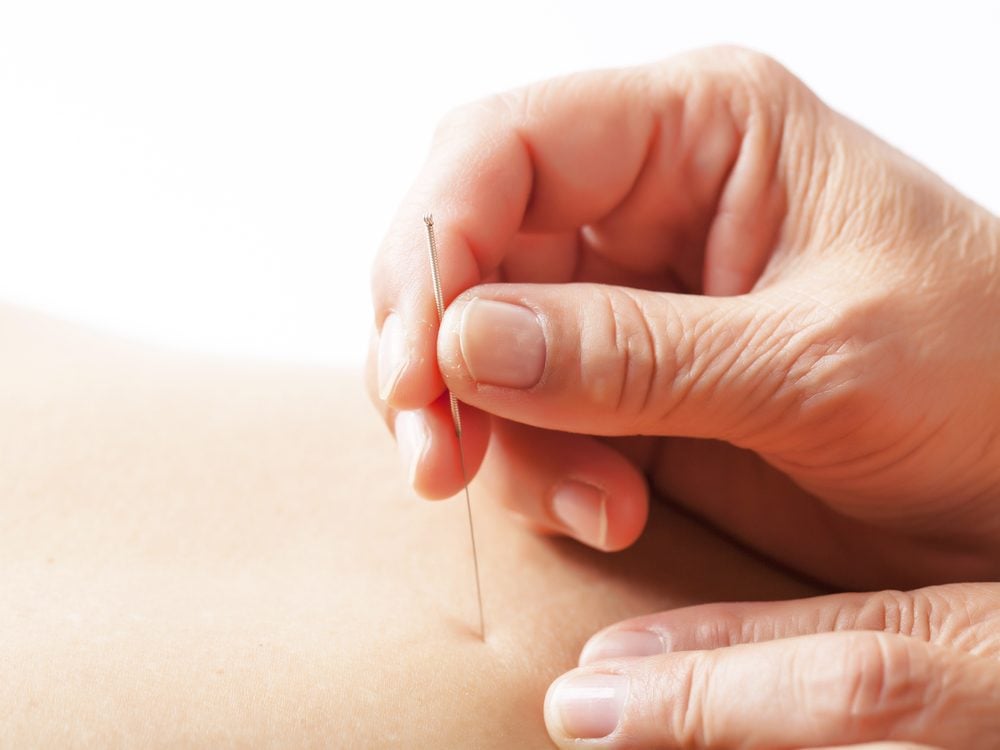
Try acupuncture
Acupuncture may help relieve hay fever, according to new research published in the Annals of Internal Medicine. In the study, allergy sufferers who were randomly assigned to a dozen acupuncture sessions had more symptom relief and used less antihistamine medication than those who got a “sham treatment” or did not get the treatment. Experts don’t know for sure why acupuncture helps, but suspect that it “curbs inflammatory immune-system substances involved in allergic reactions,” according to HealthDay.
Considering acupuncture? Here’s What You Should Know About Alternative Medicine.
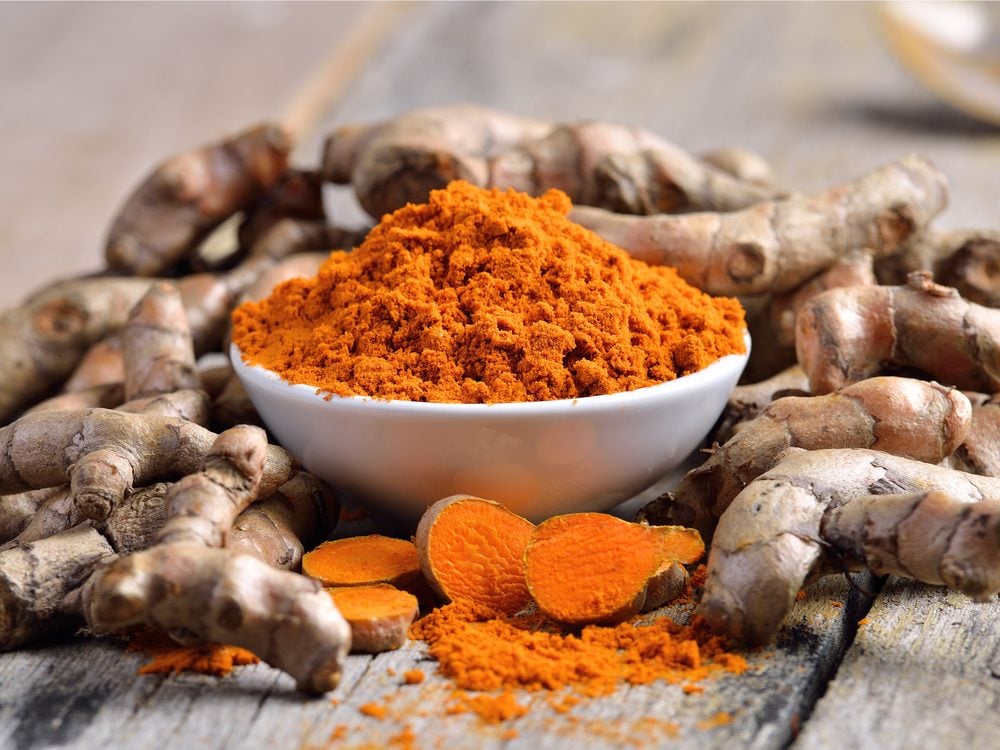
Cook with turmeric
Turmeric, a spice common in curry and Indian cuisine, contains curcumin. It may act as a decongestant, help reduce allergy symptoms, and ward off colds. “It seems to be as effective as some drugs for certain health conditions,” said Bharat Aggarwal, PhD, professor of experimental therapeutics at MD Anderson Cancer Center in Houston.

Move your outdoor workout to dusk
Save outdoor exercise for the evening, advises H. James Wedner, MD, of the Washington University School of Medicine in St. Louis. Not only do many people with allergies experience more sneezing and itching in the morning, but many trees release their pollen at first light, and ragweed pollen tends to fly most thickly at midday—so stick to end-of-day strolls.
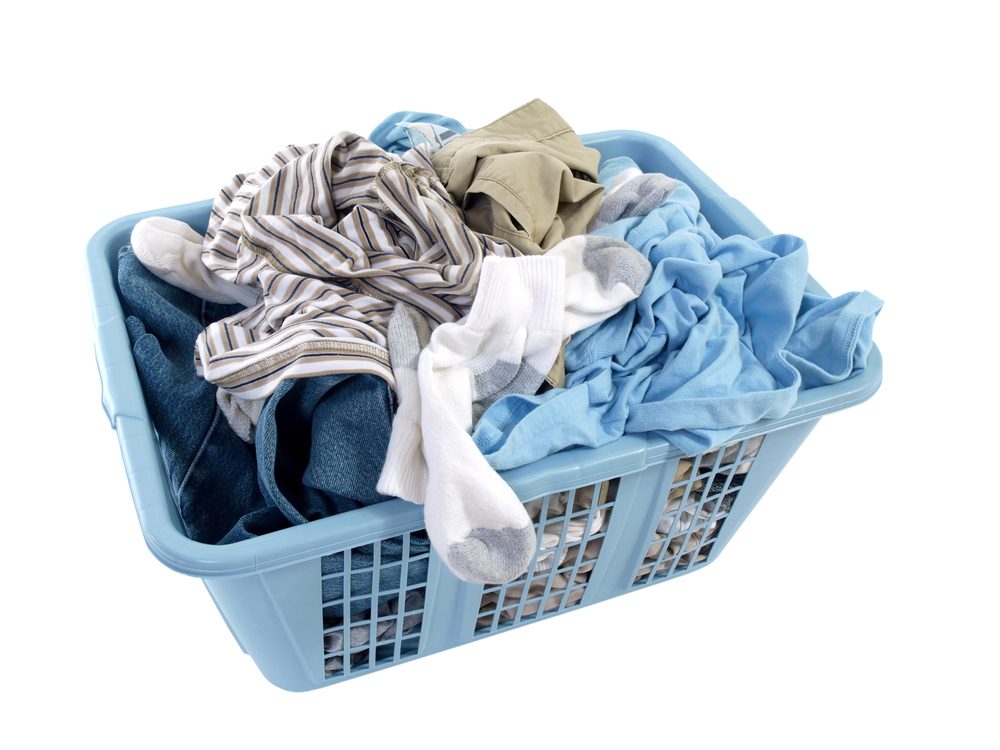
Change your clothes when you come home
You already know to leave windows shut and to avoid spending time outdoors on windy, sunny, pollen-infested days, but don’t forget that you drag pollen into your home on your clothes and shoes even if you can’t see it. Toss soiled clothes in the laundry hamper immediately; even better, jump in the shower.

Make sure your appliances have HEPA filters
If you don’t have a high-efficiency particulate air (HEPA) filter in your vacuum cleaner, you may be making your symptoms worse by stirring up pollen that has settled on your floor and furniture, says Selina Gierer, DO, an allergy expert at the University of Kansas Medical Center in Kansas City. Using HEPA filters in your air conditioner or heating system can also help ease allergy symptoms. Some experts suggest placing a freestanding air purifier with a HEPA filter in a high-traffic area.

Change your car’s cabin air filter
It’s a good idea to do this yearly, says Wedner. Older filters can blast pollen into your face.
This is a job you can do yourself! Check out our step-by-step guide to replacing your car’s cabin air filter!
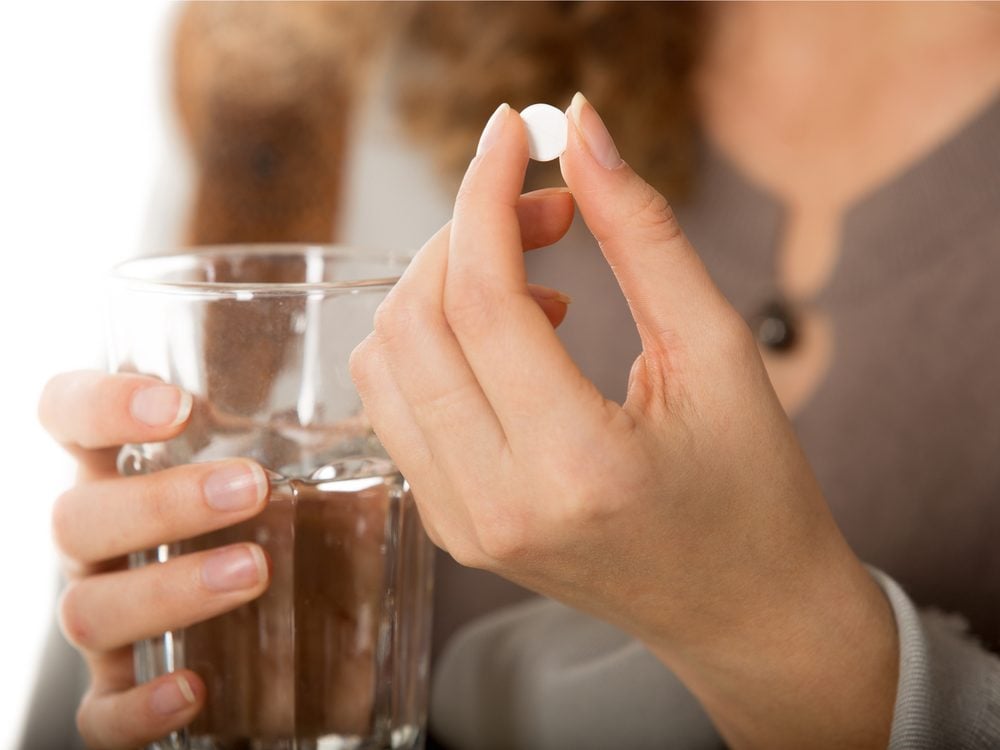
Take meds at night, not in the morning
Hay fever symptoms such as runny nose, scratchy throat, and sneezing typically are at their worst in the morning. What helps for most people: taking medication at bedtime, says Richard Martin, MD, at National Jewish Health in Denver.
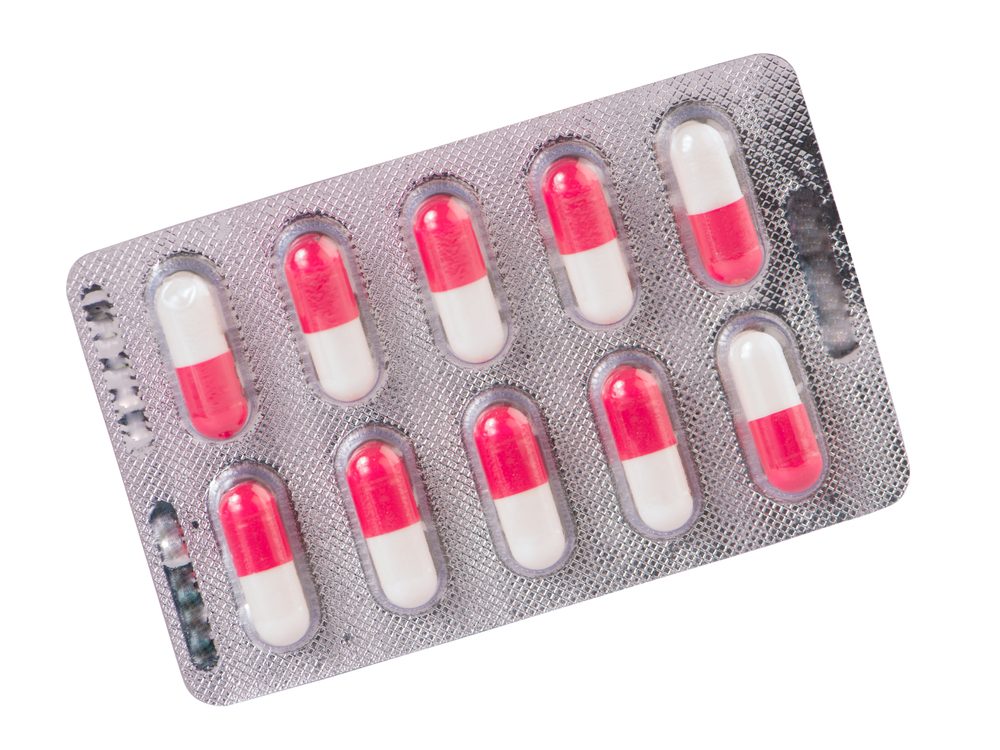
Know when to break out the drugs
Still a sodden, itchy mess? It’s time to try conventional medicine, Nazario suggests. If you have symptoms only occasionally, you’ll most likely need an over-the-counter antihistamine, a nasal decongestant spray, or both; if you suffer throughout the season, you may need to substitute or add a prescription steroid spray.